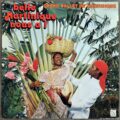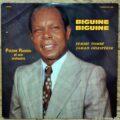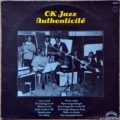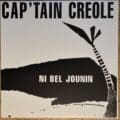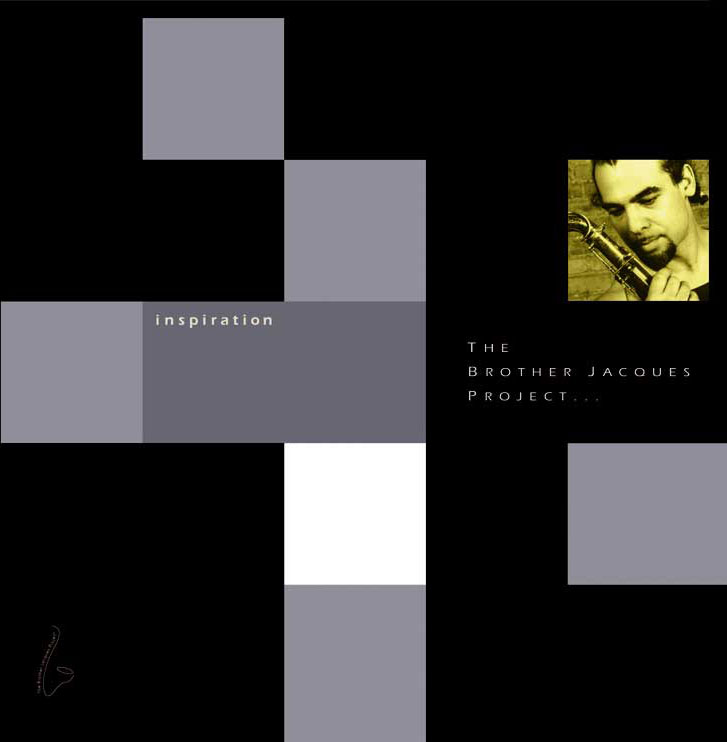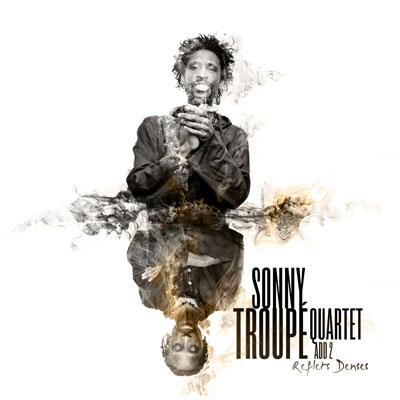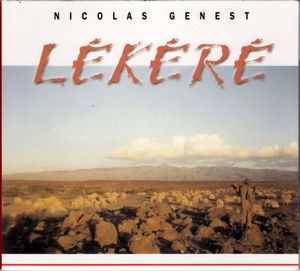At the time when jazz was being born in New Orleans, in the West Indies, the beguine developed from the same starting point, a mixture of African rhythms and Western music, painfully imported. The orchestrations are similar, but the rhythms differ, and for example the improvised choruses of jazz have no place in the exposition and development of beguine themes. Alexandre Stellio is definitely one of the fathers of the beguine, and his early compositions often drew on American ragtime, such as the essential Serpent Maigre. All Stellio’s original recordings, made mainly during the 1930s, were released on 78 rpm. So it was a particularly good idea for Gilles Sala – and who better than him? – in 1966, to bring these titles together on a much more accessible 33 rpm. Beguines, of course, but also mazurkas and waltzes, a historic plunge into this still-living heritage, including many standards such as Manicou Volant, Au Bar des Îles and, of course, Serpent Maigre!
Alexandre Stellio et son orchestre créole – 1966
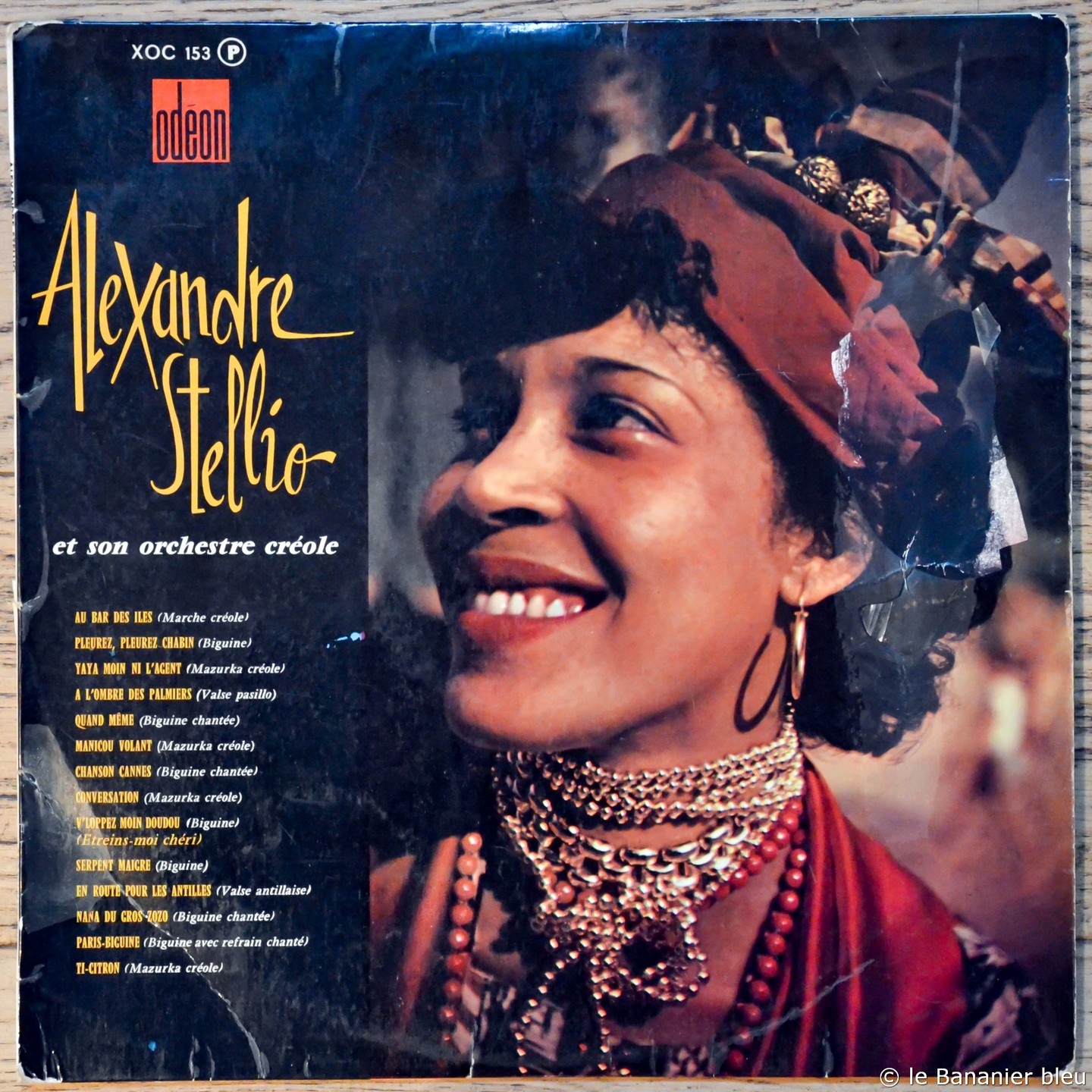
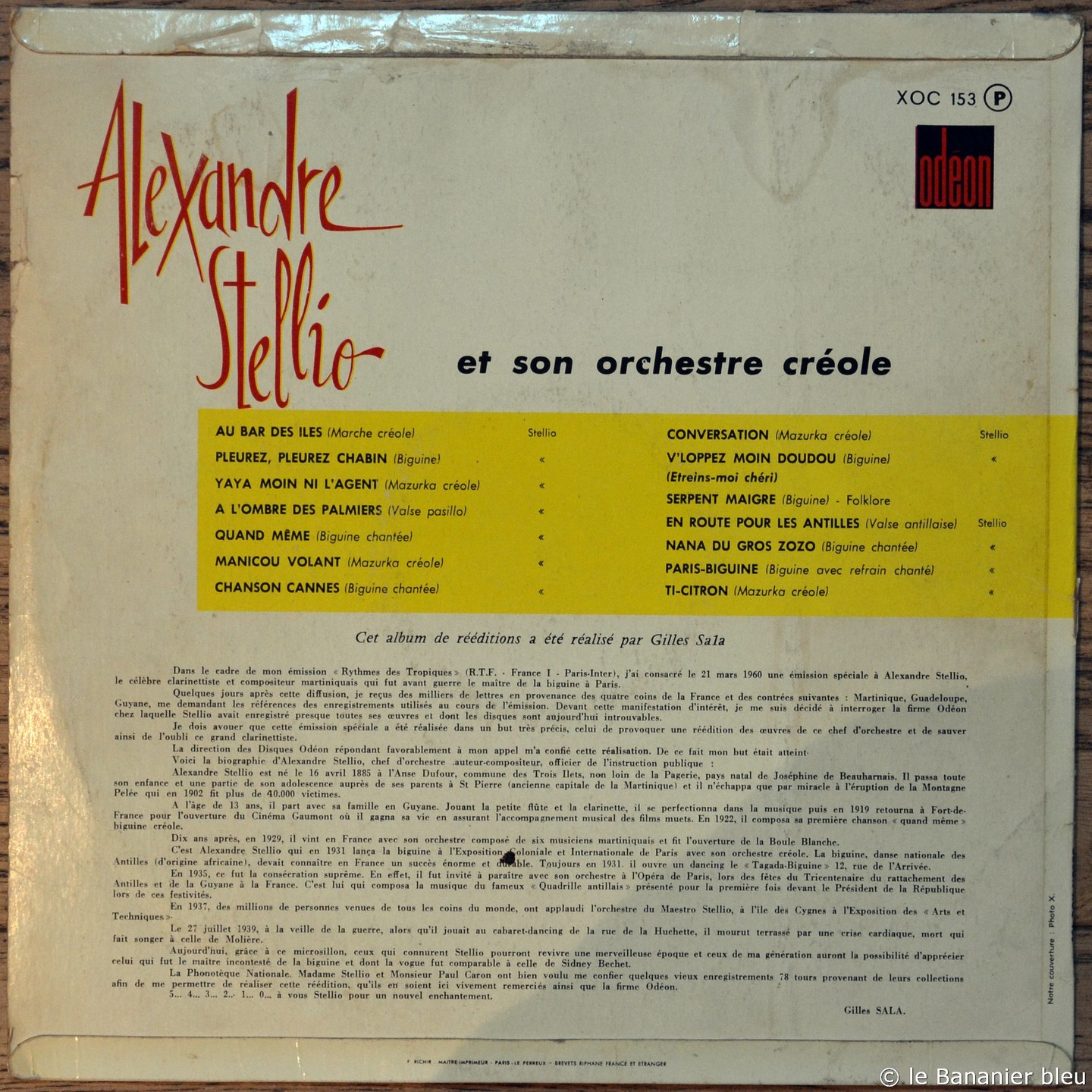
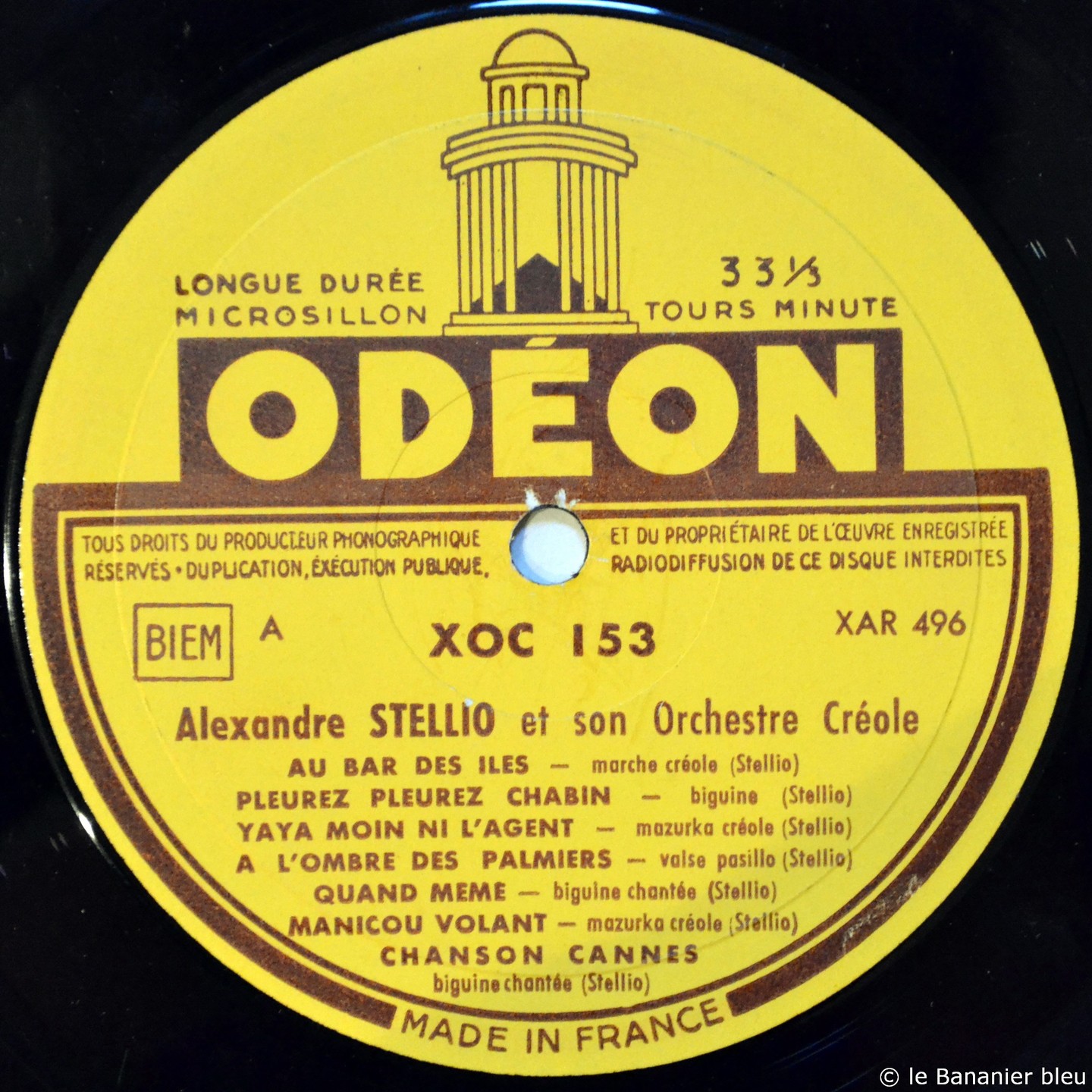
Some random albums in our store
Register
Connexion
0 Comments
Le plus ancien

